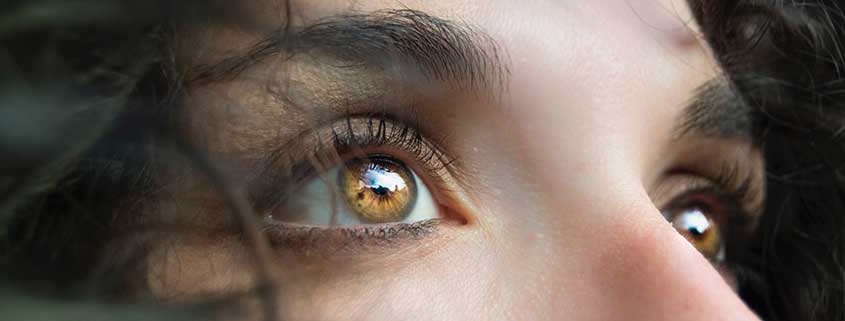
Diabetes (Diabetes and Vision Problems) has never been as big of an epidemic as it is in society these days. In the past, a majority of people often thought of diabetes as a health condition where you must simply reduce your sugar and fat intake on a daily basis. Little did they know that diabetes may end up actually causing serious health concerns like blindness without closely monitoring it!
Now that diabetes is reaching epidemic levels in most of the western world, this problem is becoming more serious than ever before. Your vision is one of the most critical and delicate senses that you have. In the digital information era, over 70% of sensory information we retain comes through our eyes. According to the American Academy of Ophthalmology, people living with diabetes are 25 times more likely to lose their eyesight than those who don’t have diabetes.
With diabetes already being the number one cause of blindness2 in the United States, it’s no wonder eye care professionals are predicting a devastating increase in vision loss as the diabetes epidemic grows at an ever increasingly alarming rate.
People newly diagnosed with diabetes often have nothing more than minor vision fluctuations which settle when blood sugar levels improve with treatment. Early on it’s easy to believe everything is fine. After many years though, continuously having high blood glucose can gradually damage the blood vessels at the back of the eye in the retina. This causes a problem called diabetic retinopathy and the longer you have diabetes the more likely you are to have retinopathy. The risk increases exponentially when you don’t control your blood sugar levels. More than 70% of people with diabetes develop some changes in their vision within 15 years of being diagnosed with diabetes.
What is retinopathy? There are 2 types of retinopathy. Retinopathy is graded as “non-proliferative” or “proliferative”. Non-proliferative retinopathy is the common milder form, where small retinal blood vessels break and leak. There may be some mild retinal swelling but it rarely requires treatment unless it causes hazy central vision or straight lines appear bent.
Proliferative retinopathy is the less common, but more serious form where new blood vessels grow abnormally within the retina. If these vessel scar or bleed they can lead to potentially serious vision loss including blindness. Early laser treatment can seal leaking vessels and slow the progress of diabetic retinopathy, but can’t reverse existing vision loss.
Although there is currently no cure or method to eliminate the risk of eye damage, you can do two important things to help prevent the more serious complications.
- Make sure you keep your blood sugar under control with a healthy diet, regular exercise and daily blood glucose tests to ensure you stay within a healthy glucose range. If you are already experiencing vision problems, we recommend testing your glucose with the Prodigy Autocode talking meter.
- Secondly, make sure you have an annual eye examination and be sure to tell your eye doctor to look for signs of diabetes related complications.
Diabetes is a disease that mostly affects blood vessels and in it’s extreme forms, if it goes untreated can lead to some very serious health conditions like heart disease, stroke and even kidney damage. Clearly these life threatening vascular diseases related to diabetes deserve immediate attention, but high on the critical list for people living with diabetes is the risk of serious eye disease and vision loss. To help reduce the affects of diabetes on your vision, make sure you to always add an eye exam to your annual check up with a qualified eye doctor to prevent diabetes related eye problems! An experienced eye care professional will perform a dilated eye exam and can identify subtle changes long before you notice any vision change, and more importantly, early enough to do some good.
If you or a loved one has diabetes, or if diabetes is suspected, now’s the time to seek a healthcare professionals advice and get a thorough eye exam before it’s too late! Don’t let diabetes claim your vision!
2American Optometric Association – aoa.org
